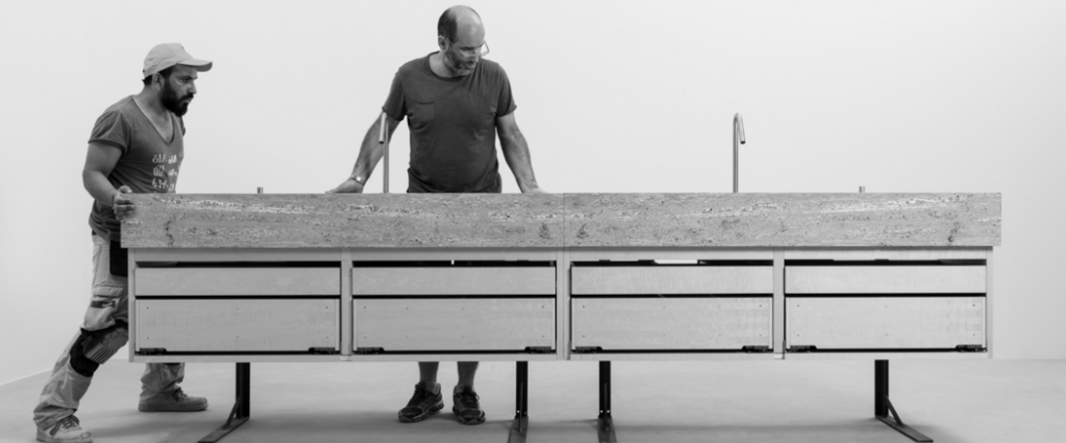Renovating a property in Phuket can be both an exciting and challenging journey. Whether you are a homeowner looking for a fresh look, an investor upgrading a rental property, or someone buying an older villa for a complete overhaul, a home renovation in Phuket, Thailand comes with unique considerations. From understanding Thailand’s renovation regulations to finding skilled contractors and keeping your budget on track, here’s everything you need to know before you start.
Understanding home improvement Thailand regulations
One of the first and most crucial steps in your renovation journey is understanding the home improvement Thailand regulations. In Phuket, building and renovation projects—whether large or small—are subject to local zoning rules, environmental considerations, and safety codes.
If your renovation involves structural changes, extensions, or altering the building footprint, you may need approval from the Phuket Land Office and sometimes the Local Municipality. This process often requires architectural drawings, engineer sign-offs, and sometimes environmental impact reviews. Skipping this step can lead to fines or work stoppages.
Foreign property owners should also be aware that ownership laws in Thailand differ from many Western countries. While foreigners can own buildings outright, land ownership is more restricted, and certain renovation rights might be tied to the land lease or company structure. For investors, a solid understanding of the renovation legal requirements in Thailand ensures compliance and avoids costly legal disputes.
Budget home renovation Phuket: planning your costs
Managing your finances is key to a successful project. A budget home renovation in Phuket must account for several cost factors: labor, materials, design fees, permits, and unexpected contingencies. Prices in Phuket can vary depending on whether you choose local materials or imported finishes, and high season can impact labor availability.
As a rule of thumb, always allow at least 10–15% extra in your budget for unforeseen issues—especially in older homes where hidden electrical or plumbing problems might surface. If you are renovating to increase rental potential, weigh your spending against expected returns. An investor renovation guide for Phuket property can help you determine which upgrades—like adding a private pool or modern kitchen—deliver the best ROI in the local market.
Many homeowners underestimate the cost of dismantling old structures. The dismantle and renovation process in Thailand often requires careful debris management, especially in residential neighborhoods where noise and waste disposal are regulated.
Choosing the right renovation contractor in Phuket
The contractor you choose will make or break your renovation experience. A reliable renovation contractor in Phuket should have verifiable experience, proper licensing, and a portfolio of similar projects. Ask for references, check completed works in person if possible, and make sure they understand both the design vision and the regulatory requirements.
Language barriers can be a challenge, so having a bilingual project manager or designer is often worth the investment. A good contractor will also guide you through sourcing materials—whether you are looking for local teak wood for custom carpentry or imported Italian tiles.
Speaking of woodwork, specific carpentry tips for Thai home renovations can save you trouble down the road. Tropical climates like Phuket’s require termite-resistant materials, moisture-proof finishes, and proper ventilation in cabinetry. Skipping these adaptations can result in costly replacements within a few years.
Furnishing ideas for tropical homes in Phuket
Once the major structural work is complete, it is time to think about interiors. Furnishing ideas for tropical homes in Phuket should balance beauty, comfort, and climate-resilience. Materials like rattan, bamboo, and treated hardwoods perform well in humid conditions, while fabrics should be mold-resistant and easy to clean.
Light, airy layouts are popular in Phuket, with open-plan living spaces that flow into outdoor terraces. Ceiling fans, shaded verandas, and louvered windows not only enhance comfort but also help reduce air-conditioning costs. For rental properties, durable finishes and easily replaceable décor pieces keep maintenance costs manageable.
The dismantle and renovation process in Thailand often unfolds in distinct stages: planning and permits, dismantling and clearing, structural work, finishing, and furnishing. Each step requires coordination between contractors, designers, and sometimes local authorities.
When dismantling old structures, proper waste disposal is mandatory—dumping debris illegally can lead to fines. In Phuket, construction waste should be taken to designated facilities, and hazardous materials like asbestos must be handled by certified professionals.
For investors and homeowners alike, following an investor renovation guide for Phuket property ensures you stay on schedule and within budget. This guide should include a clear timeline, itemized costs, and milestone approvals so you can monitor progress effectively.
 A home renovation in Phuket, Thailand can transform an outdated property into a stunning tropical retreat or a high-performing rental investment. Success lies in understanding home improvement Thailand regulations, setting a realistic budget, choosing the right renovation contractor in Phuket, integrating carpentry tips for Thai home renovations, and applying smart furnishing ideas for tropical homes in Phuket.
A home renovation in Phuket, Thailand can transform an outdated property into a stunning tropical retreat or a high-performing rental investment. Success lies in understanding home improvement Thailand regulations, setting a realistic budget, choosing the right renovation contractor in Phuket, integrating carpentry tips for Thai home renovations, and applying smart furnishing ideas for tropical homes in Phuket.
By respecting the renovation legal requirements in Thailand and following a well-structured home upgrade checklist in Phuket, you can navigate the dismantle-to-finish process smoothly and enjoy a property that is both beautiful and built to last in the island’s tropical climate.














